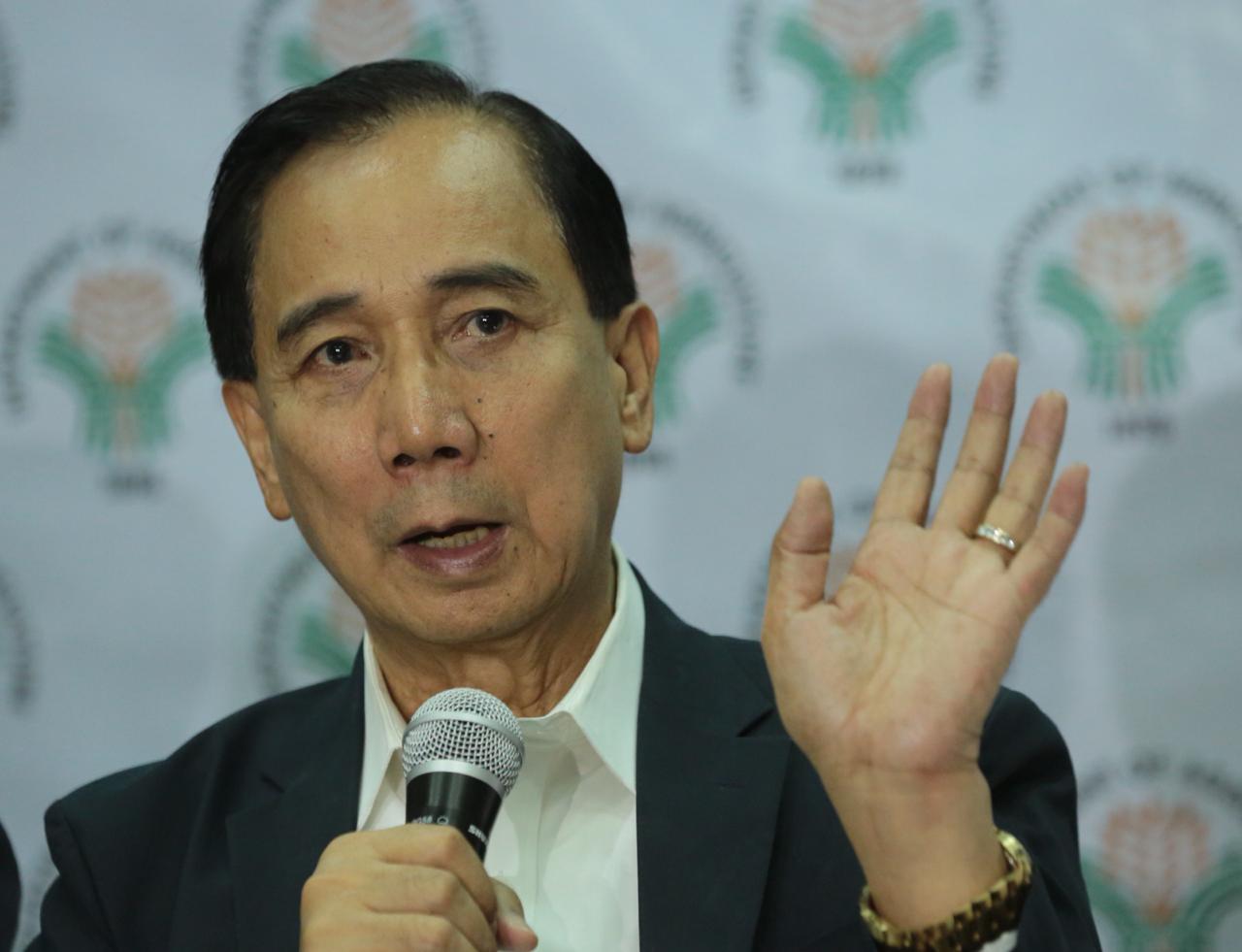Bountiful promises fail to impress agri stakeholders
The Duterte administration started with bountiful promises for agriculture, all aimed at ensuring food security and profitability for farmers. Agriculture Secretary William Dar, who was appointed only last year, presented eight paradigms to fulfill this growth story. He stressed the need for the industry to embrace modernization and industrialization, the importance of promoting agricultural exports, and for legislators to give the agency a higher budget and legislative support. He also mentioned the need to create road maps for each industry.Yet programs and policies crafted in the past four years still failed to impress industry stakeholders as they continue to rally for better opportunities and a more sustainable blueprint for growth.
True enough, developments were hampered by numerous factors as well—the entry of animal diseases and pests in crops, erratic weather patterns, and ultimately, the spread of the novel coronavirus that overhauled the entire economy. Among the biggest losers are poultry and hog raisers, with the former suffering from glut while the latter, from the weak repositioning of supply.The COVID-19 contagion has resulted in demand for meat to go down by as much as 40 percent, according to Bong Inciong, United Broilers Raisers Association head, as hotels and restaurants were forced to operate on skeleton force and in limited hours.
In both cases, prices of chicken and pork dived to less than production costs during the height of the avian influenza and the African swine fever (ASF), respectively, and during the initial months of lockdown brought by COVID-19.
Edwin Cheng, Pork Producers Federation of the Philippines Inc. president, said some hog raisers who tried to survive the sudden downtrend switched to poultry when the bird flu died down, only to be shortchanged by even lower rates at the poultry farm gate due to overwhelming supply. The Samahang Industriya ng Agrikultura (Sinag) estimated that about P80 billion have already been lost by the industry in the past year as the ASF disease persisted.
Inciong added that some backyard raisers had decided to abandon farming altogether to trim losses despite investing P200,000 as starting capital.To soften the blows of the pandemic, both industries have requested the Department of Agriculture (DA) to temporarily suspend importation to allow the industry to recover and boost support to domestic producers instead.
Article continues after this advertisementThey also called on the DA to fast-track the repositioning of food in places where there was no supply from areas where commodities were suffering from a glut to stabilize consumer and producer prices.However, data from the Bureau of Animal Industry showed that compared to last year, imported chicken products during the first five months dramatically rose by 50.34 percent to 178,300 metric tons (MT) from last year’s 118,600 MT, while retail prices continued to go up despite plummeting farm-gate rates.
Article continues after this advertisement“They don’t know what is happening on the ground, that’s why the policies are misplaced,” Cheng said. “They don’t know what stakeholders want. They craft policies and programs without consultation with us.”Industry groups have called on the agency to build its reform not on paradigms but on consultations. But recently, the Philippine Council for Agriculture and Fisheries, an attached agency of the DA meant to facilitate dialogues, saw its funding cut by 50 percent early this year. It led to the abolition of several committees, which were created so that the agency would be able to keep track of its initiatives on the ground.
This disconnect among agriculture key players contribute to the sector’s laggard growth, and Dar admitted that the sector’s performance would contract anew because of the COVID-19 contagion. Government data showed that the value of the farm sector’s production—which contributed about a tenth to gross domestic product and employed some 9 million Filipinos—fell by 1.2 percent in the first quarter and grew by a meager 0.7 percent in the past year.
The remaining two years of the Duterte administration may even be more challenging for an industry that remains vulnerable to diseases and competition, and it would take a serious review of policies before the industry records progress.
“We are frustrated, to say the least,” Sinag chair Rosendo So said. “There are a lot of missed opportunities because the agency fails to communicate with its stakeholders. We are not questioning Secretary Dar’s personality because we believe he is pro-farmer, but he—as well as this administration—will be judged by their outputs.” INQ
